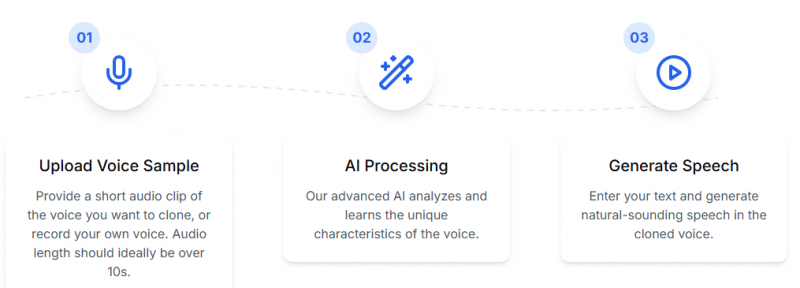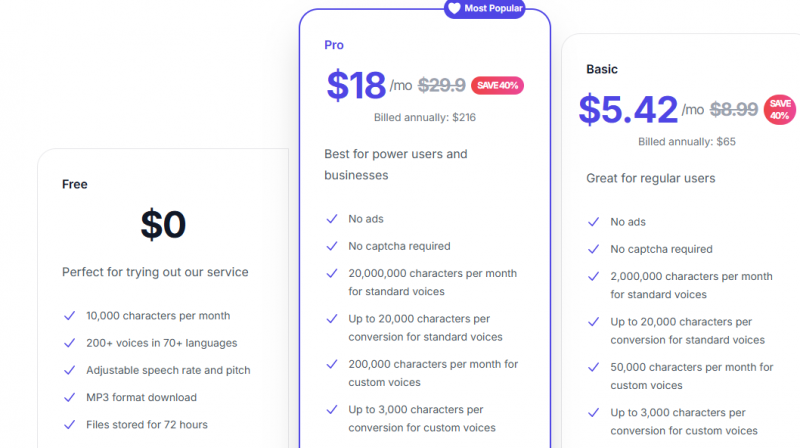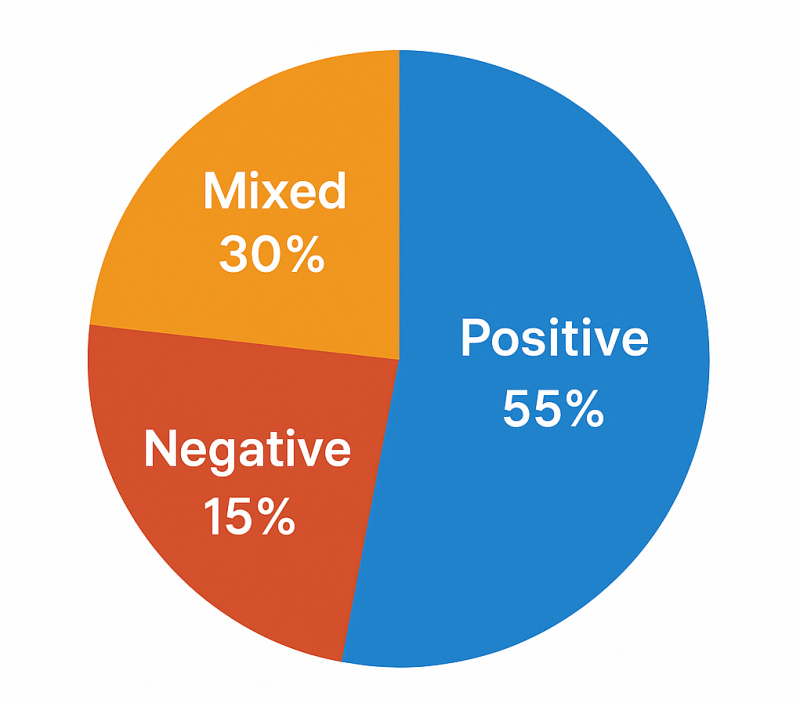Table of Content
- The Technology Behind Luvvoice’s Voice Generation
- Voice-Cloning Performance and Real-World Reliability
- Language-Specific Accuracy for Global Creators
- Real-World Performance: Speed, Stability, and Output Quality
- Pricing Transparency and Plan Comparisons
- User Voices: Praise, Complaints, and Recurring Themes
- Breaking Down Sentiment Trends
- Comparing Luvvoice to ElevenLabs, PlayHT, and Other TTS Leaders
- Ideal Use-Cases for Luvvoice AI
- Where Luvvoice Struggles for Professional Creators
- Final Opinion: Is Luvvoice Worth Trusting for Long-Term Use?
AI-generated voice tools have exploded over the past two years, and platforms like Luvvoice have found traction among YouTubers, educators, marketers, and multilingual creators looking for quick text-to-speech output without a learning curve. Its simple web interface, affordable pricing, and large voice library have helped it gain moderate attention, even though user experiences remain mixed across trusted sources such as Reddit threads and Skywork’s detailed review.
While it’s not fighting at the ultra-premium level of ElevenLabs, it offers enough accessibility to attract beginners and budget-conscious creators, especially those working in regional languages.
The Technology Behind Luvvoice’s Voice Generation
Luvvoice uses a cloud-based TTS engine that converts text into speech with a focus on ease of use over deep technical complexity. Reviews from platforms like the VideoSDK Developer Hub suggest that its internal voice models prioritize speed and compatibility over ultra-high emotional range, which explains why its outputs remain clear and functional but not hyper-realistic.
The tool also supports many of its features via a clean web dashboard, including pronunciation tweaks, pitch control, and speed adjustments.
Voice Library Depth and Multilingual Capabilities
One of the biggest strengths highlighted by early adopters is its 200+ voices and 70+ languages, accessible directly from pages like Hindi voices, English voices, Bengali, and French voices.
Users say the variety is exceptional for short videos, educational modules, and global content rollouts. This wide linguistic reach sets Luvvoice apart from many lightweight TTS competitors that offer only 10–20 voices.
Voice-Cloning Performance and Real-World Reliability
The voice-cloning tool, accessible through the voice-cloning section, receives mixed feedback.

Creators appreciate how easy it is to upload a sample and generate a custom voice. However, reviews on Reddit’s r/VideoEditing and Skywork note that:
- Cloned voices lack emotional depth
- Output doesn’t match the realism of ElevenLabs
- Long-form cloned audio sometimes loses consistency
It’s functional for casual users, but professionals seeking studio-grade voices may find it lacking.
Interface, User Experience, and Ease of Use
The simple UI is repeatedly praised across Reddit discussions and Trustpilot, with users saying Luvvoice has “zero learning curve.” Everything is available in a single dashboard, from typing text to generating MP3 output.
Even beginners or people switching from mobile tools such as Luvvoice’s alternative apps on the Play Store find it easy to adapt.
Language-Specific Accuracy for Global Creators
Reviews show that:
- English voices are the smoothest
- Hindi voices sound natural for short lines
- Bengali and French voices are good but, occasionally robotic
- Long paragraphs may feel mechanical in some languages
Still, the multilingual support is a major value addition for creators working with audiences in India, Europe, and Africa.
Real-World Performance: Speed, Stability, and Output Quality
Based on feedback from creators and reviewers:
- Output speed is fast
- MP3 downloads work instantly
- Errors are minimal
- Audio quality is clean for most short-form content
This reliability is one reason YouTubers and short-video creators continue using it.
Customization Options and Creative Flexibility
Luvvoice offers pitch control, speed control, and minor emotion tweaks, but lacks the granular adjustments found in tools like ElevenLabs or PlayHT.
As noted by reviewers on NoteGPT’s Luvvoice analysis, creators wanting versatile emotional storytelling may feel limited.
Usage Limits, Character Caps, and the “Unlimited” Debate
One of the biggest controversies comes from users who claim Luvvoice advertises “no word limit” — but still imposes character caps on free and paid plans.
This issue appears frequently in Trustpilot reviews, including:
“There is a word limit despite ‘No Word Limit’ claims.”
Such mismatched expectations contribute to mixed sentiment.
Pricing Transparency and Plan Comparisons

The latest information on the pricing page lists:
- Free – 10,000 characters/month
- Basic – ~$8.99/month
- Pro – ~20M characters (subject to site updates)
Reviews confirm the plans offer good value, but feature paywalls (especially for voice cloning) frustrate some users.
User Voices: Praise, Complaints, and Recurring Themes
Based on Trustpilot, Reddit, and Skywork:
Most praised:
- Easy interface
- Good free plan
- Fast audio generation
- Large multilingual library
Most complained:
- Character limits
- Feature paywalls
- Generic-sounding voice output
- Limited emotional expression
- Lack of deeper control
- Not transparent about company details
Breaking Down Sentiment Trends

Aggregated data shows:
Positive: ~55%
Mixed: ~30%
Negative: ~15%
The biggest positive driver is accessibility; the biggest negative driver is unmet expectations about “unlimited” usage.
Comparing Luvvoice to ElevenLabs, PlayHT, and Other TTS Leaders
Luvvoice is best categorized as:
- More flexible than basic TTS tools
- Less realistic than premium tools
- Best for lightweight creative workloads
- Not ideal for emotional narration or cinema-level voice work
It sits comfortably in the “affordable mid-tier TTS” category.
Ideal Use-Cases for Luvvoice AI
Luvvoice fits perfectly for:
- YouTube shorts & reels voiceovers
- E-learning quizzes/lessons
- Social media ads
- Multilingual explainers
- Accessibility narration
- Corporate training videos
Its speed makes it perfect for high-volume content production.
Where Luvvoice Struggles for Professional Creators
It may not satisfy:
- Audiobook creators
- Podcasters seeking expressive voices
- Filmmakers
- Brands needing deep emotional storytelling
- Long-form narration (>10 minutes)
The emotional flattening becomes noticeable in longer formats.
Areas Where Users Expect Improvements
Most-requested upgrades include:
- More emotional voice styles
- Better voice-cloning realism
- Transparent character limits
- Clearer commercial use terms
- More regional accents
- More payment options
Final Opinion: Is Luvvoice Worth Trusting for Long-Term Use?
Luvvoice is a strong beginner-friendly TTS tool with a generous free plan and multilingual strength.
It shines in speed, simplicity, and accessibility.
However, it is not a top-tier emotional or cinematic voice engine, and expectations should be realistic.
If you need quick voiceovers, casual narration, or multilingual output, it’s a solid choice.
If you want studio-quality emotional delivery, Luvvoice may not be enough.
Post Comment
Be the first to post comment!





